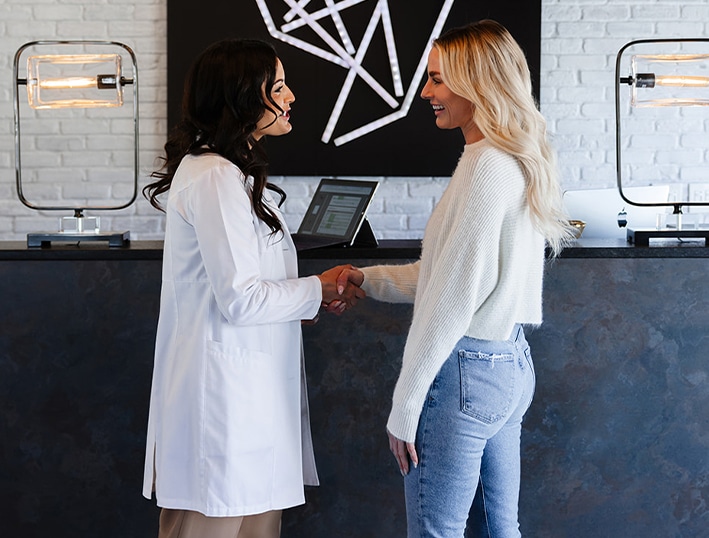
Peptide therapy has gained immense popularity for its effectiveness in anti-aging, recovery, weight management, and overall wellness. However, the key to getting the most out of your peptide treatments is proper storage. At FIT9 WELLNESS, we receive many questions about how to store peptides correctly to maintain their potency and effectiveness. In this article, we will walk you through the best practices for peptide storage and address some of the most common FAQs we receive from our clients.
Why Proper Storage Matters
Peptides are delicate compounds made up of amino acids. They are highly effective in promoting healing, recovery, and other targeted health benefits, but they are also sensitive to environmental factors like temperature, light, and moisture. Storing your peptides properly ensures that they remain stable, effective, and safe for use over time.
Best Practices for Storing Peptides
Refrigeration is Key:
- Peptides should be stored in the refrigerator at a temperature of 2-8°C (36-46°F). Consistently keeping peptides in the fridge ensures they remain stable and effective. Avoid leaving peptides at room temperature for extended periods as this can lead to degradation.
Avoid Freezing (Unless Specified):
- In most cases, peptides should not be frozen unless otherwise directed by the manufacturer. Freezing can affect the peptide’s structure and stability, causing it to lose potency. If freezing is recommended, be sure the vial is sealed tightly and store it at -20°C (-4°F).
Protect from Light Exposure:
- Peptides are sensitive to light, which can degrade their quality over time. To avoid this, store peptides in a dark container or location, shielded from direct sunlight or UV exposure. The original packaging is often designed to protect from light, so keep peptides in their original vials if possible.
Minimize Exposure to Air and Moisture:
- Exposure to air and moisture can cause peptides to degrade. Always ensure the vials are tightly sealed after use. Limit the number of times you open and close the container to avoid introducing air and moisture.
Keep Track of Expiration Dates:
- Each peptide comes with an expiration date, and using them past this date can reduce their effectiveness or pose risks. Be sure to check the expiration date and dispose of any expired peptides.
Common FAQs About Peptide Storage
1. Can I leave my peptides out at room temperature?
- Ideally, peptides should be stored in the refrigerator. Short-term exposure to room temperature is generally fine (a few hours), but prolonged periods at higher temperatures can cause them to degrade and lose potency.
2. What should I do if I accidentally left my peptides out overnight?
- If peptides were left out for a short period (less than 24 hours), they may still be effective. However, if left out for longer periods or exposed to high temperatures, it’s best to consult your healthcare provider or obtain new peptides.
3. Can I freeze my peptides for long-term storage?
- In most cases, freezing peptides is not necessary and can potentially harm their structure. However, if freezing is recommended for long-term storage, make sure the vials are sealed tightly and that you follow the manufacturer’s guidelines.
Why Proper Storage Ensures Optimal Results
Peptides are an incredible resource for boosting recovery, reducing inflammation, supporting weight loss, and promoting overall wellness. To ensure they maintain their potency and effectiveness, it’s essential to follow proper storage practices. Store your peptides in the fridge, avoid prolonged exposure to light, and keep them tightly sealed to preserve their quality. By doing so, you’ll ensure you’re getting the most out of your peptide therapy, keeping your body performing at its best.
If you ever have questions about how to store or use your peptides, our expert team is here to help. With our guidance, you can take full advantage of the health and wellness benefits that peptides offer. Please always contact our medical team at info@fit9atl.com with questions or concerns regarding the storage and implementation of peptide therapy. Always consume peptides under medical supervision and from a medical source for your health safety.





